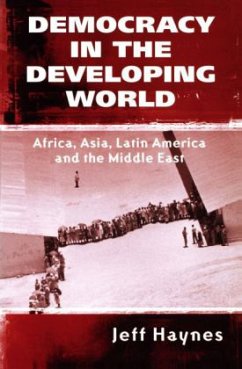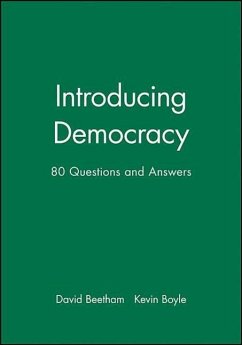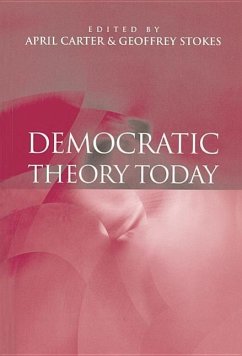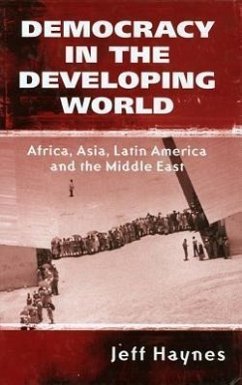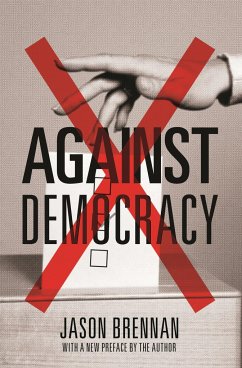
Democracy Without Enemies
Versandkostenfrei!
Versandfertig in über 4 Wochen
25,99 €
inkl. MwSt.

PAYBACK Punkte
13 °P sammeln!
The author is currently Europe s leading social and political theorist.
Beck advances a major new theoretical interpretation of the nature of the democratic state.
Looks at a key question: whether democracy has always depended on having enemies who are non-democratic .
Beck advances a major new theoretical interpretation of the nature of the democratic state.
Looks at a key question: whether democracy has always depended on having enemies who are non-democratic .
Up to now, modernization has always been conceived of, in contrast to the worlds of tradition and religion, as a liberation from the constraints of nature. What happens, however, if industrial society becomes a tradition to itself? What if its own necessities, functional principles and fundamental concepts are undermined, broken up and demystified with the same ruthlessness as were the supposedly eternal truths of earlier epochs?
These questions are the focus of Ulrich Beck s Democracy without Enemies. The conflict of the future, he argues, will no longer be between East and West, between communism and capitalism, but between the countries, regions and groups involved in primary modernization and those that are attempting to relativize and reform the project of modernity self-critically, based on their experience of it. The conflict of the future will be between the two modernities which will battle over the compatibility of survival and human rights for all citizens of the earth
These questions are the focus of Ulrich Beck s Democracy without Enemies. The conflict of the future, he argues, will no longer be between East and West, between communism and capitalism, but between the countries, regions and groups involved in primary modernization and those that are attempting to relativize and reform the project of modernity self-critically, based on their experience of it. The conflict of the future will be between the two modernities which will battle over the compatibility of survival and human rights for all citizens of the earth






